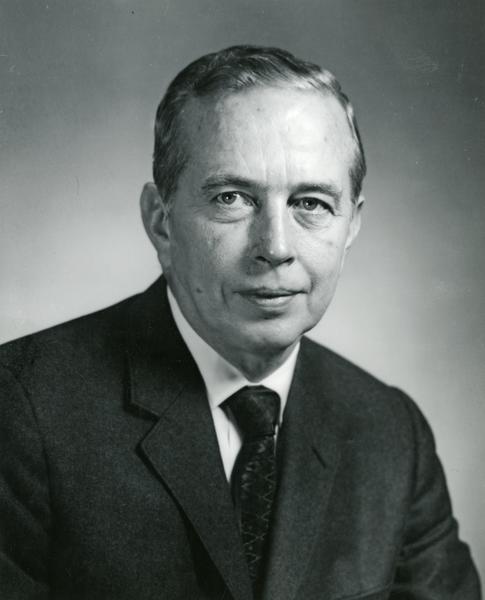Awards
- National Academies - 1984
- American Association for the Advancement of Science

Born on November 12, 1920 in Slaughter, Kentucky, Warren Meinschein was the son of Tim and Carrie (Poole) Meinschein and a 1938 graduate of Central City, Kentucky High School. From 1938 to 1940, he was enrolled at Indiana University but war intervened, and from 1940 to 1946, he was a member of the U.S. Navy, serving in both the Atlantic and Pacific theaters, and at the time of discharge held the rank of lieutenant commander. Upon returning to civilian life, Warren entered the University of Michigan where, in 1948, he earned the B.S. degree in chemistry. That same year he entered the University of Texas graduate program, where he was Sun Oil Fellow, and where he completed work for the doctorate in 1951, with specialization in organic chemistry, physical chemistry and mathematics.
The early part of Warren's professional career was spent conducting organic geochemical research for the petroleum industry, first at the Socony-Mobil Research Laboratories in Dallas, Texas (1951-1958) and then, from 1958 to 1965, as research associate of the Esso Research and Engineering Laboratories in Linden, New Jersey. During these years, Warren was co-developer of the methane proportional counter method of Carbon-14 dating and co-discoverer of evidence of organic matter in meteorites. He was also involved in developing a theory for the origin of petroleum, and propounded the theory that molecular products of former life, i.e. "molecular fossils," survive as compounds known as alkanes and aromatic hydrocarbons. In 1966, Warren joined the IU faculty as professor of geochemistry, and founded what was to become one of the country's first academic and research programs in organic geochemistry. Meinschein was the expert who, in the 1960's, advised NASA on the plans for sampling and analyzing moon rocks in search of extra-terrestrial life.
Equipping his laboratory with a highly refined mass spectrometer system, Warren and his team of able graduate students analyzed the first samples brought back from the moon, finding therein no evidence that life has existed on that satellite. Other research entailed further investigations into the origin of petroleum, the destructive distillation of oil shale, pollutants in the Bloomington, IN watershed, and analysis of "molecular fossils." Warren compiled a voluminous record of his pioneering interdisciplinary research, including more than 70 published articles, technical reports, abstracts, and book reviews. From 1975 to 1980, Warren was appointed associate dean for academic affairs in the School of Public and Environmental Affairs.
Warren G. Meinschein passed away in Nashville, Tennessee on February 7, 1997.